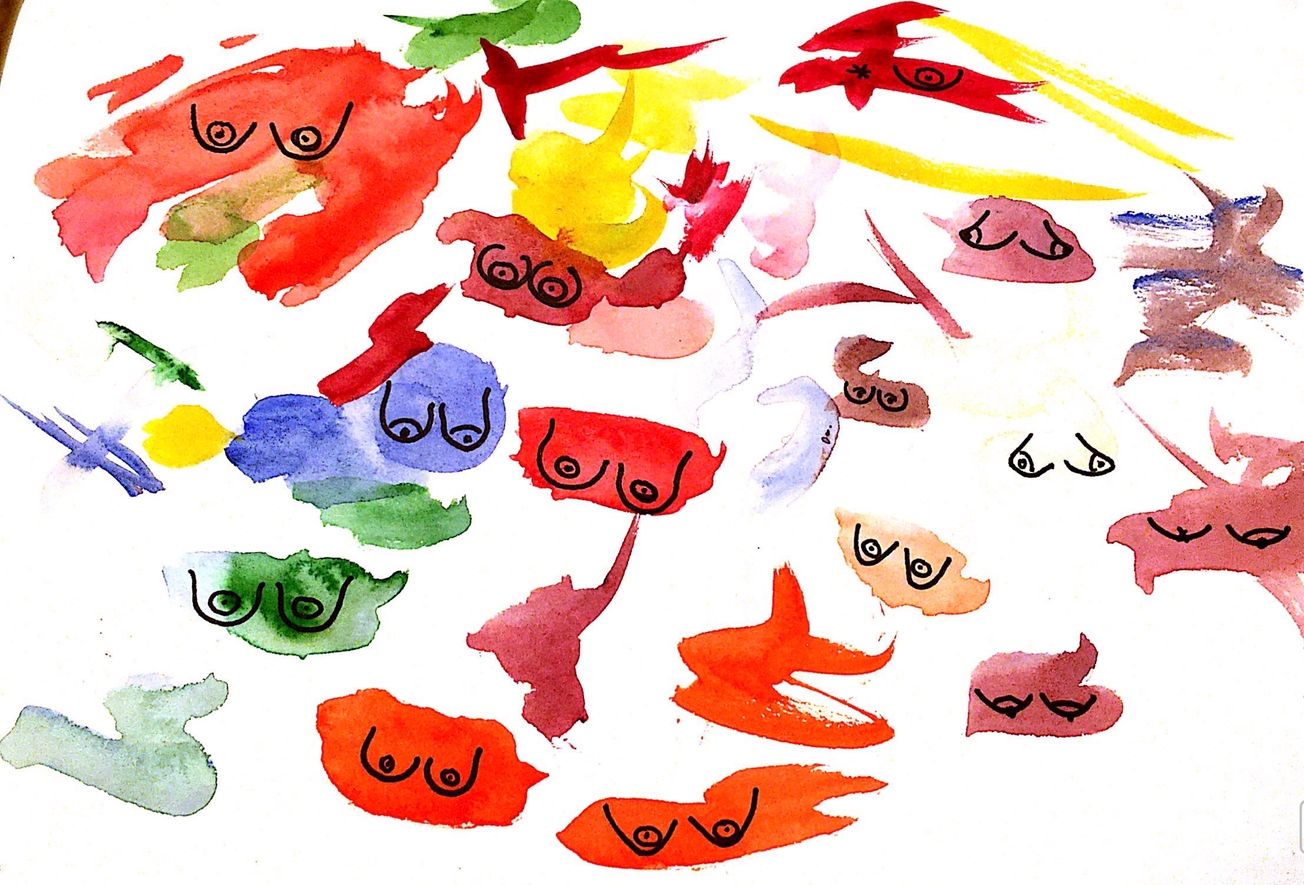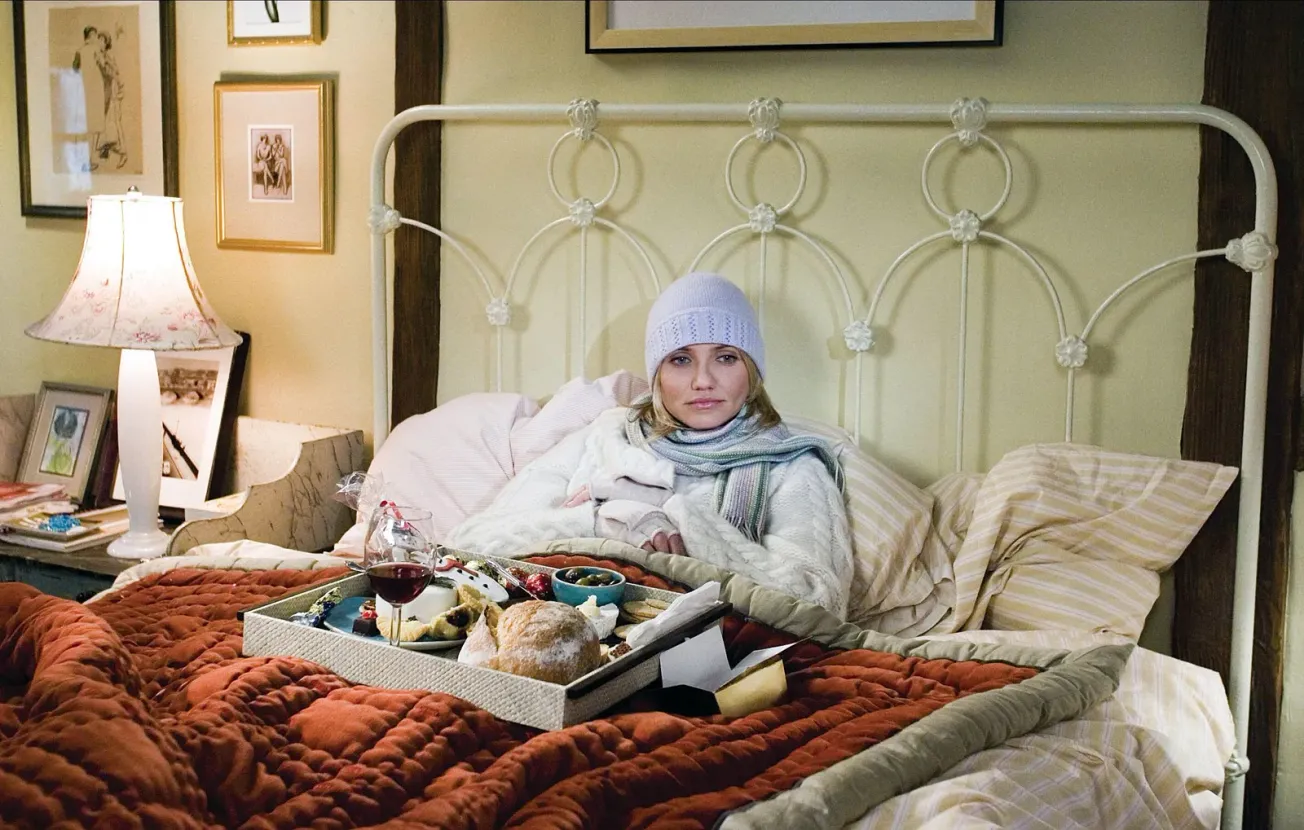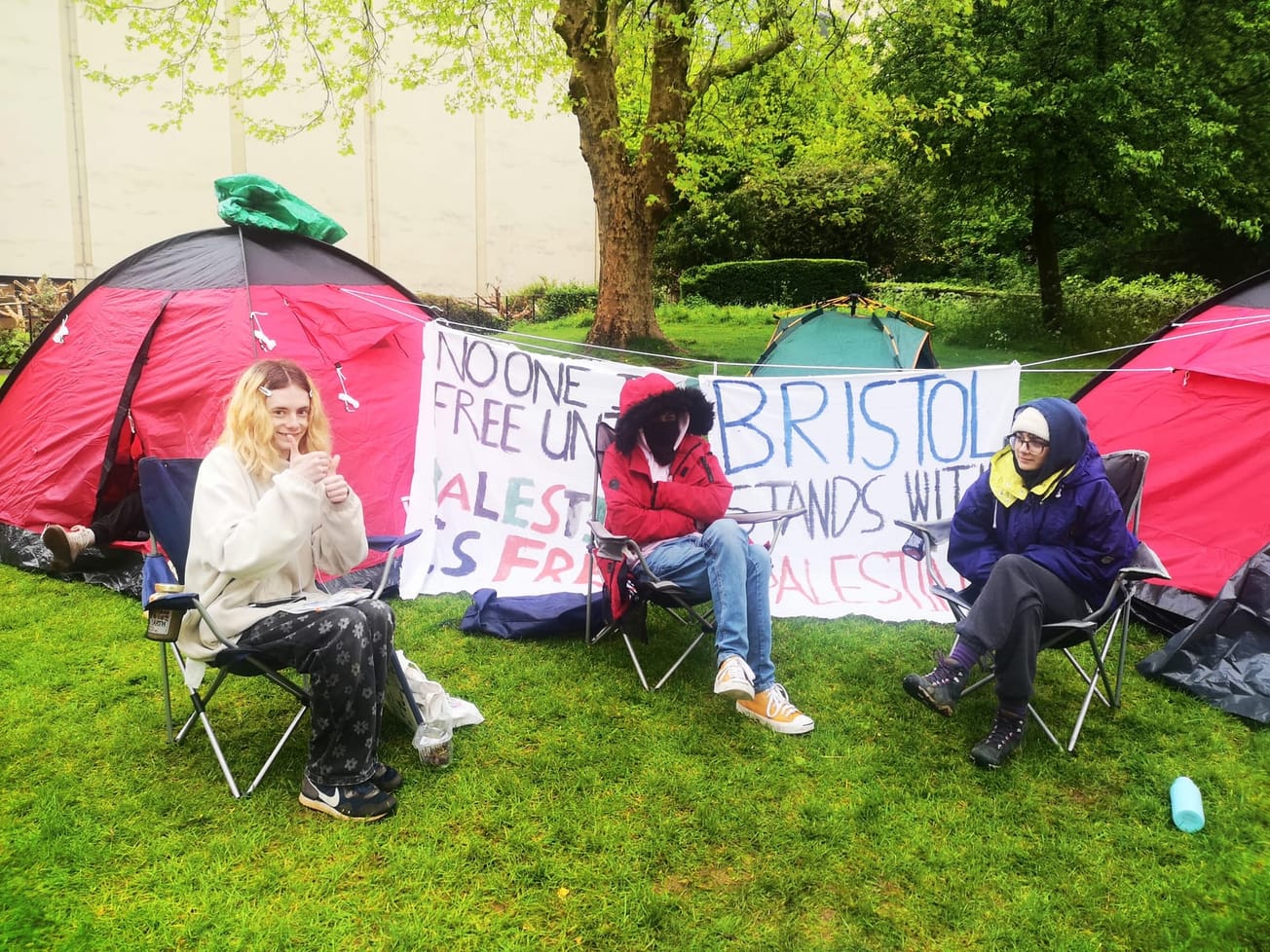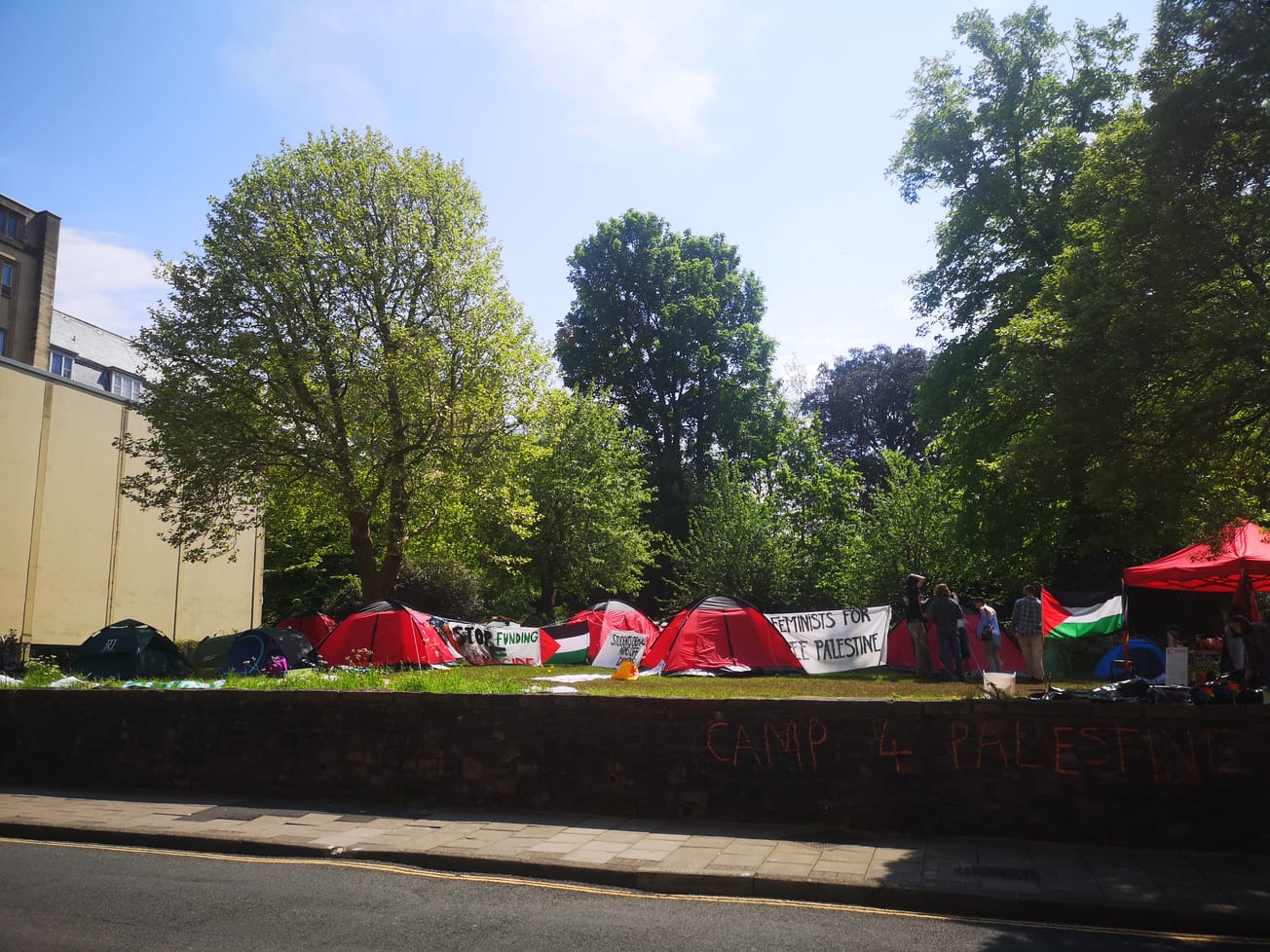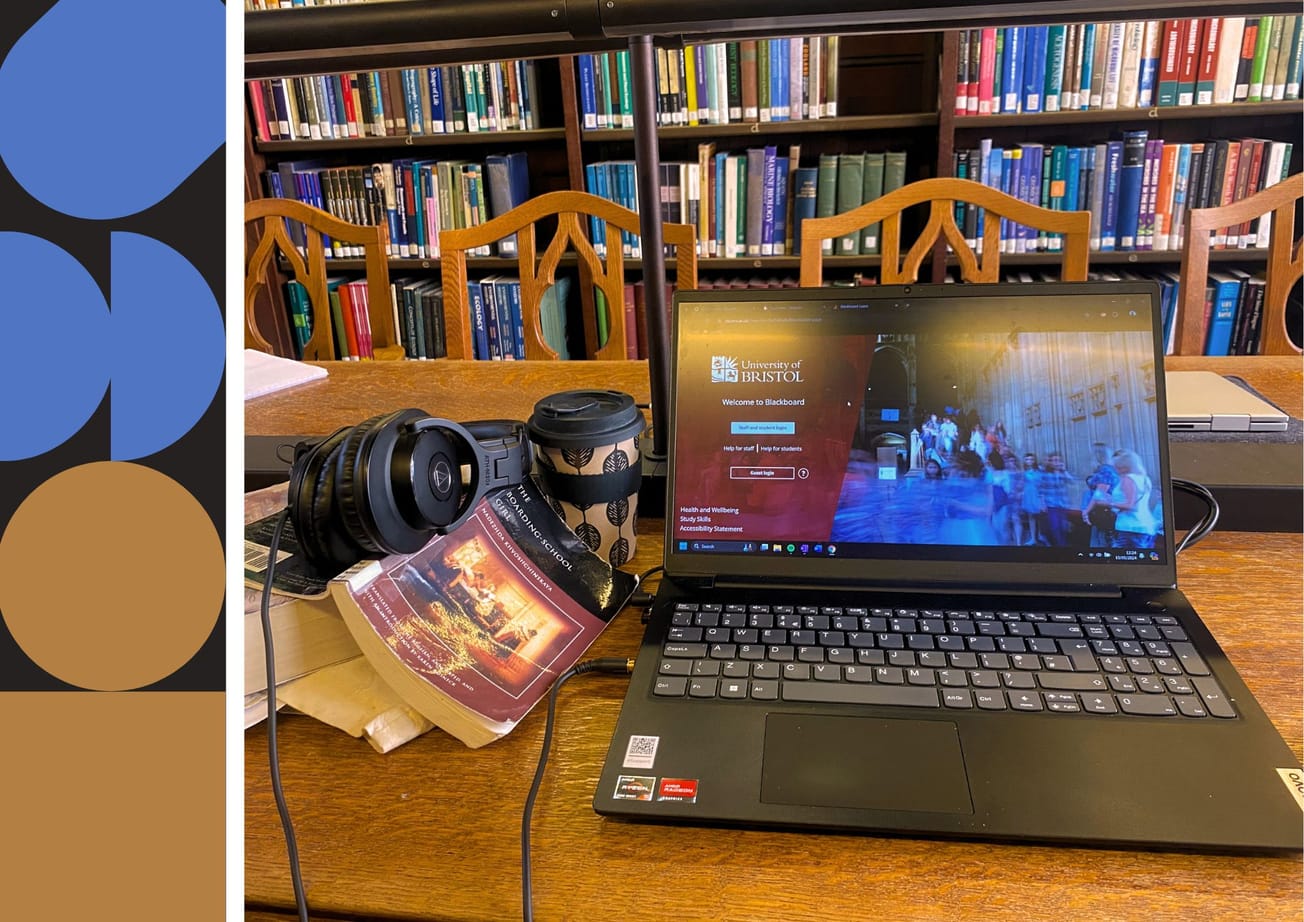By Ellen Woodley, First Year History
The Croft Magazine // Everyone grows up with a different understanding of what feminism is, and finding out what it means to you isn't always simple.
It was weird for me to look back and try to ascertain if I grew up in an inherently feminist family. I grew up surrounded by women in a relatively small family with my sister, my mum and I outnumbering my dad. Both of my parents worked growing up and always instilled the idea that my sister and I were capable of anything; anything our male counterparts were capable of, anything anyone was capable of.
I think one of my first memories of feminism was my mother screaming at the TV whenever a female discussion or argument was framed as a ‘cat fight’. She really hated women in the media being presented as irrational and ‘catty’ and that always stuck with me. We were always told that blowing out other women’s candles will never make ours shine brighter and that you never need a reason for leaving a situation you feel uncomfortable in; quiet feminist mantras.
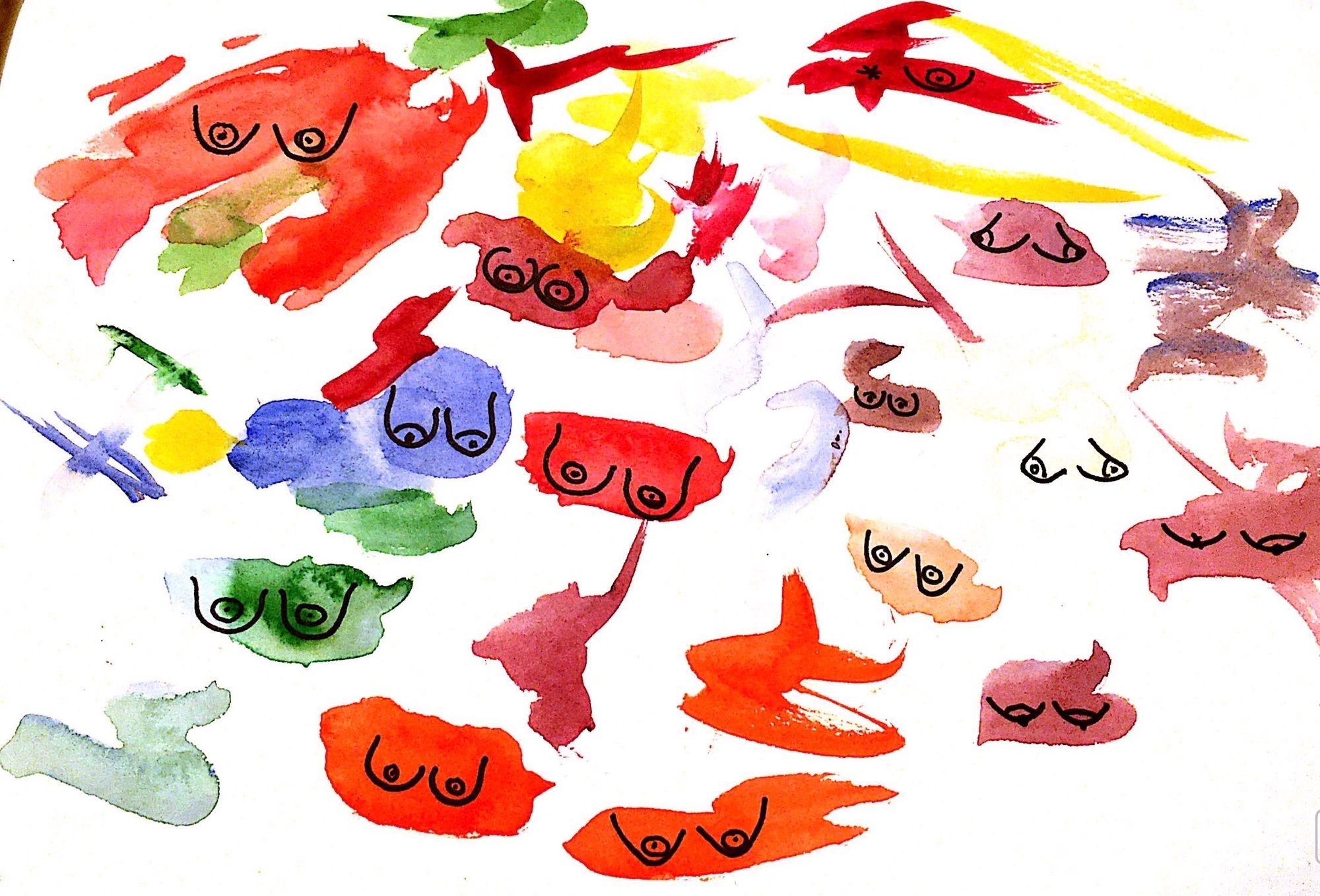
I think my conception of feminism changed when I came to secondary school, as many do. As my peers and I got older feminism became a controversial and stigmatised word. It seemed that it came with a radical and hateful label that I didn’t associate with. I have read many a time that those who are dubious of feminism feel this way because of their lack of experience of it but I guess this still didn’t sit well with me at that age.
I had never experienced serious sexism but still believed the people who had, so why didn’t everyone? The stigma around the actual word at school felt like someone was plotting to make the word, the whole movement in fact, inaccessible. I feel like I always inherently knew I was a feminist and so looking back I regret not owning the label and creating my own definition rather than being defined by the false rhetoric and perceptions that had been created to undermine a genuine issue.
It feels like a Gen Z cliché to say that I found my feminism on social media but this is a narrative for many young feminists that we can't ignore. Our current wave of feminism lives and thrives online and while I kind of wish I could say that the first time I saw a feminist march was a cinematic real life moment, in reality it was on Instagram.
Suddenly my feed was filled less with selfies of my school mates and more with women that I looked up to, such as Serena Williams, Florence Given and Malala Yousafzai, as well as news sources that highlighted both the triumphs of women and the atrocities they were facing. I liked it that way and I still do.
It was this way that I found some of the other figures that sparked my feminism. In particular, reading works by Audre Lorde and Nella Larsen as well as poring over the words of Malala Yousafzai helped me shape my particular views within the movement and I’m really grateful for online platforms making these voices accessible to me.
Ultimately I don't think I can say that I found my feminism from one source simply because of its multifaceted nature. My mother gave me an open discourse about what it meant to be a woman. From my relationship with my sister, my strong female friendships and watching the relationship between my mum and her sister I found out about sisterhood and the importance of looking out for the women around me. Audre and Nella taught me the importance of intersectional feminism and informed me of a feminist history that became essential in connecting me to the movement.
In the end, I am proud of my stereotypical discovery of feminism. I came to the movement through the women around me, through social media and through a huge admiration for young women like Malala. This may not be unusual for my generation but rather serves as a unifying force between me and the other young feminists I meet which is something I will always be grateful for.
Featured: Epigram / Aggie Tait
Find The Croft Magazine inside every copy of Epigram Newspaper

